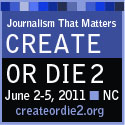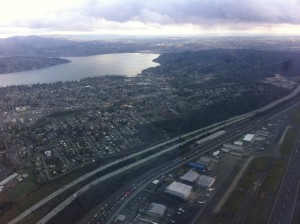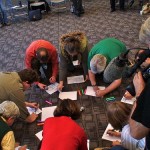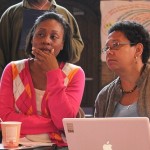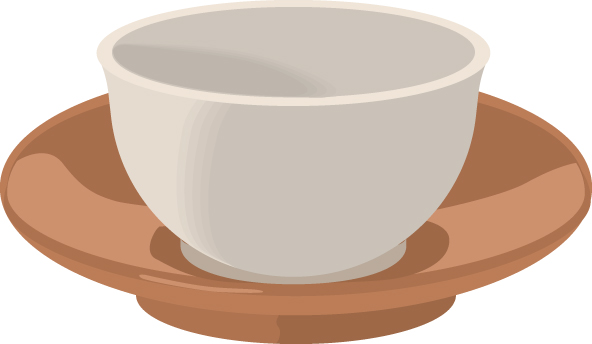 The Pew Research Center’s Project for Excellence in Journalism recently released its “State of the News Media 2011” report. It includes “Seattle: A New Media Case Study,” an essay Pew asked me to write about Seattle’s changing news landscape.
The Pew Research Center’s Project for Excellence in Journalism recently released its “State of the News Media 2011” report. It includes “Seattle: A New Media Case Study,” an essay Pew asked me to write about Seattle’s changing news landscape.
I was reluctant to take on the task because anything short of an extensive study would be inherently flawed. But I decided to do the report to stimulate conversation in the “Seattle Journalism Commons,” soon to be launched by Journalism That Matters Pacific Northwest.
More about the Commons another day, but for now this blog will launch the conversation.
Here are the opening paragraphs of my essay for Pew:
Seattle, perhaps more than any other American city, epitomizes the promise and challenges of American journalism at the local level.
In the last few years, it has experienced both a sharp loss of traditional news resources and an exciting rise in new journalistic enterprises and inventive collaborations between traditional and emerging media. A New America Foundation case study of Seattle’s news ecosystem describes it as ‘a digital community still in transition.’ A new, vibrant media scene is emerging. But it also may not take hold.
I listed several factors that have created positive energy in Seattle’s media landscape. They include lots of experimentation and collaboration, an abundance of hyper-local news sites, and public acceptance of and engagement with emerging media.
I also listed what I regard as unmet or under-met news and information needs. They include voids created by the erosion of traditional media that are not yet being filled by emerging media. Among these are state capital coverage, arts and culture coverage, and public insight or networked journalism. In terms of needs, I also mentioned foundation support, mapping and metrics for assessing information opportunities, and challenges in finding sustainable business models for emerging media.
The report included an annotated list of “noteworthy outlets that illustrate what is happening in digital journalism in Seattle.” It began with a caveat that any such list would be incomplete and immediately out of date.
Boy, was I right. Between the time I sent the final version of the list to my editors at Pew and the time it was posted, John Cook and Todd Bishop left TechFlash and launched Geek Wire.
My hope is that people will build on my list with their own links and observations. You can post them here, and we’ll build a longer list as we go.
Initial reaction to my Pew piece is encouraging, which is to say it is getting some praise and healthy push back from various corners.
A specific criticism that surprised me is that arts coverage is more robust than my assessment. I would love to hear more views on that. In the meantime, the first addition to my annotated list of noteworthy websites needs to be Encore Media Group’s CityArtsonline.com and City Arts Blog.
Also on the list of concerns is that my perspective is an old media view of new media. I plead guilty. This blog is open for other perspectives from the people who are shaping the regional news and information ecosystem.
Please read my Pew essay and offer your thoughts. Here are some specific questions to kick around:
- What’s the current state of Seattle’s regional news and information ecosystem?
- What trends are you noticing? What’s working?
- What does a healthy regional news and information ecosystem look like?
- How can we stimulate more dialogue and idea sharing about news and information innovation?
- How can we create more public engagement with journalism?
- How can we increase the diversity of voices participating in conversations about journalism?
